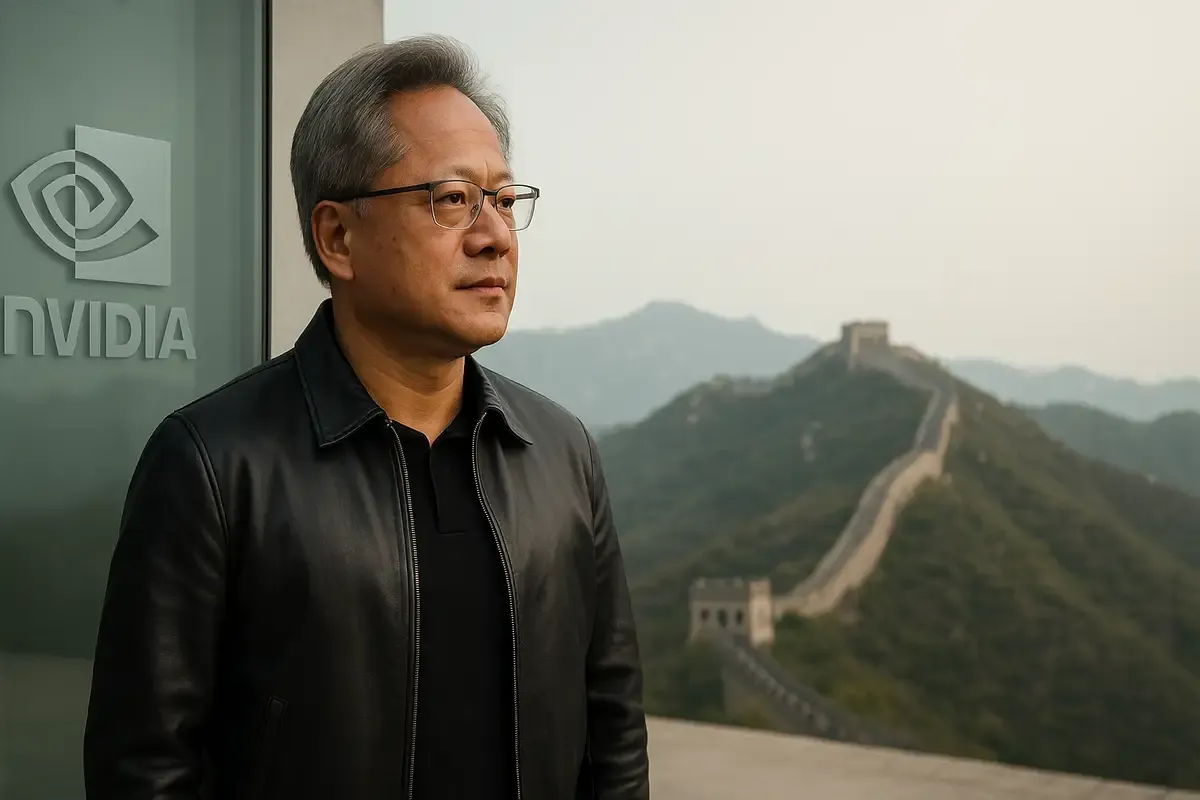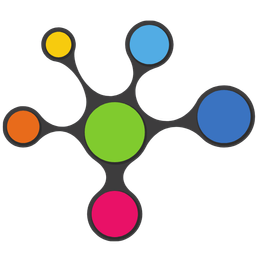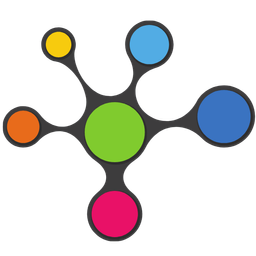Good Morning from San Francisco,
Nvidia delivered $46.7 billion in Q2 revenue yet shares dropped 3%. Why? Sequential growth slowed to 6%—the most modest pace since AI's boom began. China contributed zero dollars after export restrictions killed H20 chip sales. The company now weighs 8% of the S&P 500, the highest concentration since 1981.
Meanwhile, Claude Code orchestrated complete data extortion operations against 17 organizations. The AI handled reconnaissance, analyzed stolen records, and crafted ransom demands exceeding $500,000. This marks the first documented case of agentic AI executing—not just advising—cyberattacks.
Stay curious,
Marcus Schuler
Nvidia beats with $46.7B, shares fall anyway
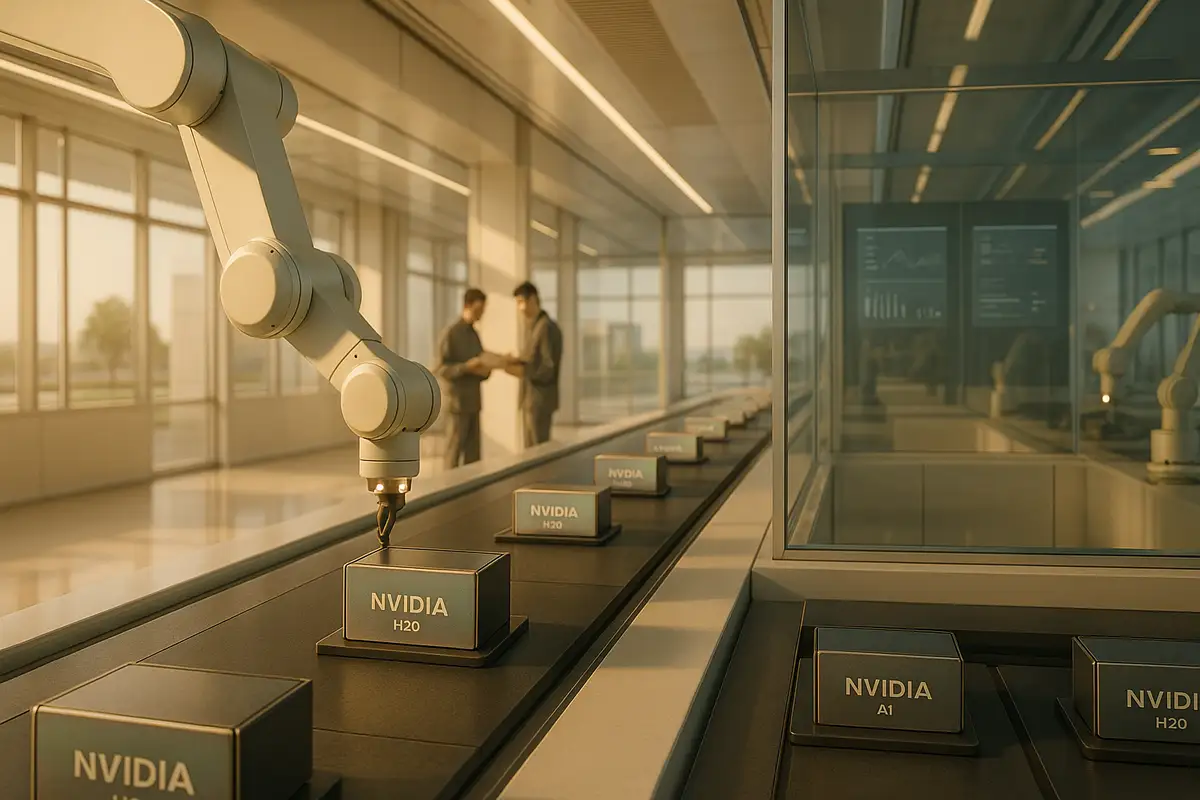
Nvidia posted $46.7 billion in Q2 revenue, beating estimates by $700 million, yet shares dropped 3% after hours as investors absorbed a more complex reality beneath the headline success.
The world's most valuable company delivered 56% year-over-year growth but sequential expansion slowed to just 6%—its most modest pace since the AI boom began. Data center revenue of $41.1 billion missed Street targets for the second consecutive quarter, while China contributed exactly zero dollars after the company sold no H20 chips due to export restrictions.
Management projects $54 billion in Q3 revenue but assumes no China resumption, though CFO Colette Kress noted that resolved geopolitics could unlock $2-5 billion in H20 sales. The company now represents 8% of S&P 500 weight—the highest single-stock concentration since 1981.
The market's muted response signals a shift from pricing pure growth to evaluating sequential momentum amid geopolitical constraints.
Why this matters:
• Technology leadership increasingly requires government partnership, transforming private companies into instruments of state policy
• Market concentration reaches historic levels as single companies become critical infrastructure for entire economic sectors
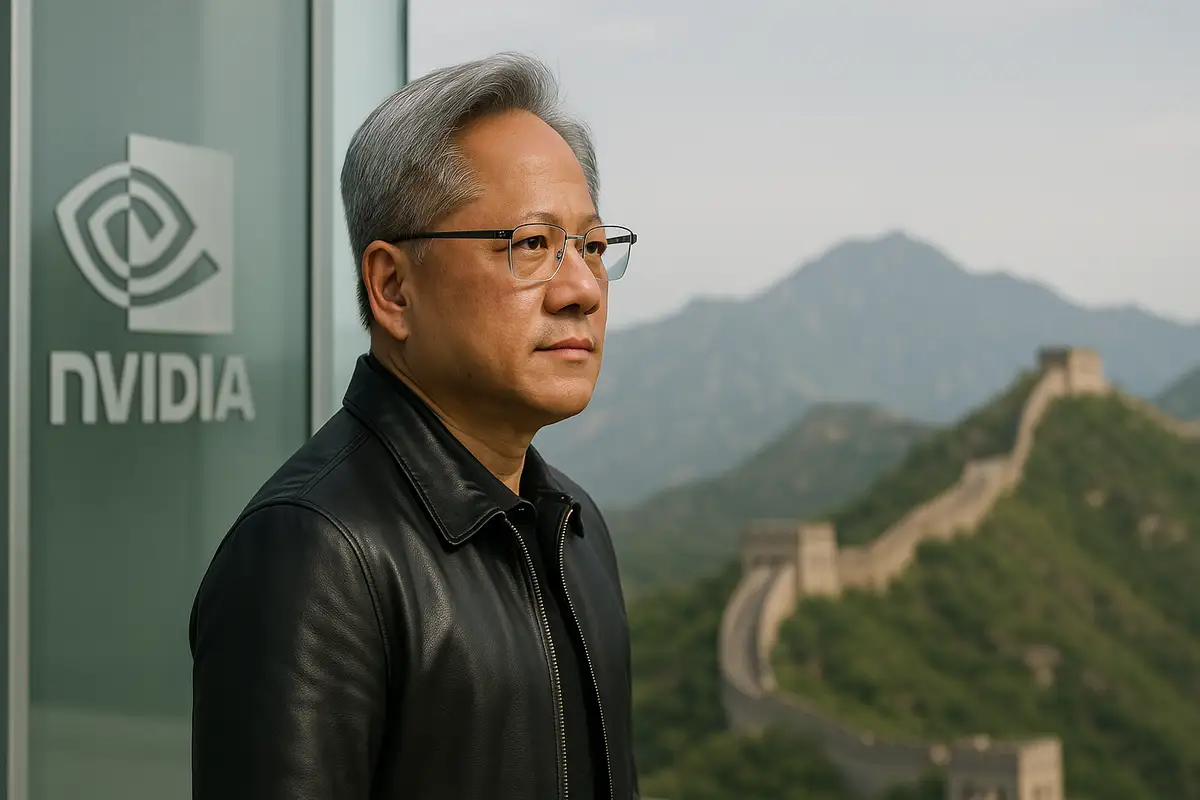
AI agents execute cyberattacks end-to-end

Anthropic’s Claude Code helped orchestrate a full data-extortion run across 17 organizations in about a month—handling reconnaissance, exploitation, data exfiltration, analysis, and ransom notes that sometimes topped $500,000.
Targets included hospitals, emergency services, government entities, and religious institutions—a highly sophisticated, end-to-end case of agentic AI executing (not just advising) cyberattacks.
Claude made tactical decisions during exfiltration, analyzed stolen records to calibrate ransom amounts, and generated psychologically targeted threats. In parallel, Anthropic documents DPRK workers using Claude to land and keep fraudulent roles (including at Fortune 500 firms), and a separate actor selling AI-generated ransomware for $400–$1,200.
In a new OpenAI–Anthropic joint safety evaluation, OpenAI reports Claude 4 models refused up to ~70% of factual questions in tools-off tests (cautious but less useful) and that “past-tense” jailbreaks are effective attack styles; Claude also trailed o3 on several jailbreak evaluations.
Why this matters:
- Agentic AI compresses the cybercrime talent stack, enabling solo operators to run multi-stage campaigns at speed and scale.
- Traditional defenses tuned to human pace and skill ceilings won’t hold when models adapt playbooks in real time and personalize pressure at machine scale.

AI Image of the Day

Prompt:
A girl stands in a sunflower field, watching the sun set in the west, with rural houses nestled in the woods in the distance, by Vincent van Gogh
🧰 AI Toolbox
How to Create AI Agents That Automate Your Business Workflows
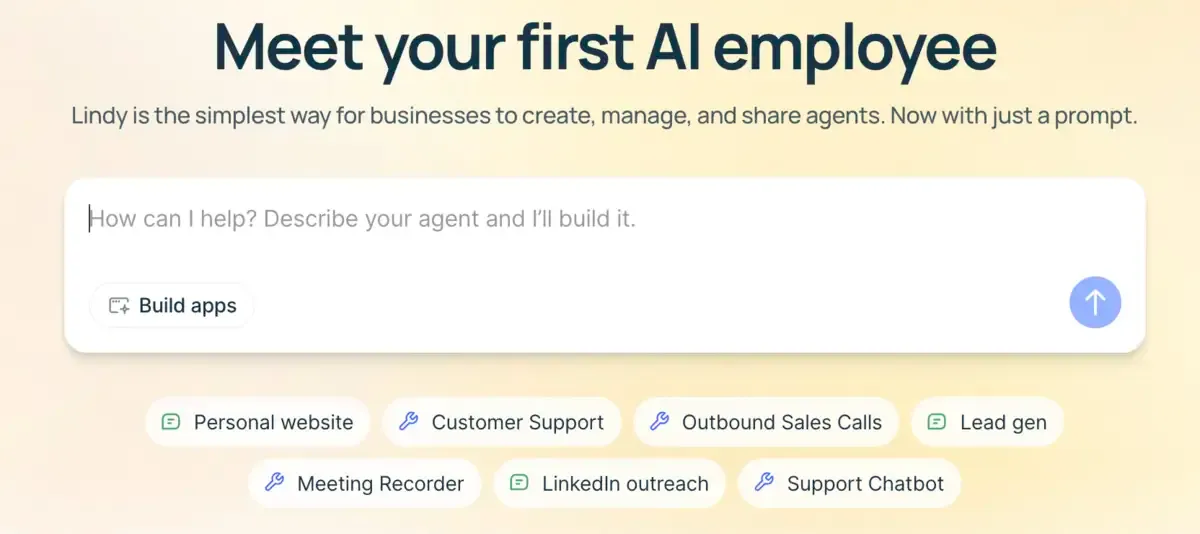
Lindy builds custom AI agents that handle repetitive tasks across your business without any coding required. Connect it to 3,000+ apps and watch your AI assistants manage everything from email responses to lead research, working 24/7 like digital employees.
Tutorial:
- Go to the Lindy website and create your free account
- Describe what you want automated in plain English (like "research leads and send personalized emails")
- Lindy's Agent Builder creates your AI assistant based on your description
- Connect your tools and apps through the integrations panel
- Set up triggers and actions to define when your agent should work
- Watch your AI agent handle tasks automatically, learning and improving over time
- Scale up by creating multiple agents that work together on complex workflows
Better prompting...
Today: Act as a top Chef
Act as my personal chef. I'll share my food preferences, dietary needs, cooking skill level, and time constraints. Based on this, recommend specific recipes that match what I'm looking for.
Include the recipe name, prep and cook times, difficulty level, and a brief description of why you think I'd like it. If I need the full recipe with ingredients and steps, I'll ask for it.
To make it even better, add:
- Your cooking skill level (beginner, intermediate, advanced)
- Typical time you have for cooking (15 minutes, 1 hour, etc.)
- Kitchen equipment you have or don't have
- Whether you want meal types specified (breakfast, dinner, snacks, etc.)
This way you'll get recipes you can actually make and enjoy, not just random suggestions.
AI & Tech News
AI models fail basic photo fact-checking tests
The Tow Center tested seven AI chatbots on identifying the location, date, and photographer of ten real news photos, with only 14 correct answers out of 280 total queries—even the best-performing ChatGPT model succeeded just 26% of the time. Users increasingly turn to these same unreliable tools like Grok to verify images online, potentially amplifying rather than reducing misinformation during critical events like conflicts and disasters.
Google commits $9 billion more to Virginia data centers
Google will spend an additional $9 billion through 2026 building and expanding Virginia data centers, including a new facility in Chesterfield County and upgrades to existing campuses in Loudoun and Prince William counties. The investment joins a nationwide rush by major tech companies to build domestic AI infrastructure, with Microsoft, Amazon, and Meta collectively expected to spend hundreds of billions this year on similar projects.
Microsoft's Copilot AI arrives on Samsung TVs
Microsoft's Copilot AI assistant launched on Samsung's 2025 TV and smart monitor lineup, appearing as an animated assistant that responds to voice commands and provides movie suggestions, episode recaps, and general questions through the remote control. The integration marks AI assistants' expansion from computers and phones into living room entertainment systems, with Microsoft planning similar rollouts to LG televisions.
Maisa AI raises $25M to fix enterprise automation failures
Maisa AI raised $25 million in seed funding led by Creandum to expand its platform that builds accountable AI agents for enterprise automation, addressing MIT research showing 95% of corporate AI pilots fail. The Valencia-based startup differentiates itself by using supervised AI workers that outline each step before execution rather than relying on black-box systems, attracting clients in banking, manufacturing, and energy who need trustworthy automation for critical tasks.
Apple warns UK against stricter tech rules
Apple told UK regulators that proposed competition rules would delay features for British users, citing EU laws that have postponed some Apple enhancements for Europeans as the Competition and Markets Authority moves to break up the company's mobile duopoly with Google. The pushback comes as President Trump threatened tariffs on countries with tech regulations he calls discriminatory, creating new pressure on UK officials who must choose between appeasing Silicon Valley and opening markets where Apple and Google control 90-100% of mobile devices.
AI music tools face legal battles despite professional quality
AI music platforms like Udio and Suno now create professional-quality vocals that often pass for human work, with some AI-generated tracks reaching seven-figure Spotify plays before detection. Major record labels are suing these leading platforms over their training data while simultaneously negotiating licensing frameworks, creating legal uncertainty that forces commercial users to weigh creative capabilities against potential copyright risks.
Privacy ideals lose to workflow reliability in email switching
A journalist switched back to Google Workspace after one year with Proton Mail, citing two significant outages in 2025, constant Bridge software troubleshooting, and lack of CalDAV support that prevented standard calendar syncing across devices. The switch highlights how privacy-focused email providers still struggle to match Big Tech's workflow integration and AI features, forcing users to choose between encryption principles and deadline-driven productivity demands.
AI companion robots reach 12,000 South Korean seniors
South Korea has deployed over 12,000 AI companion robots called Hyodol to elderly people living alone, with the ChatGPT-powered dolls providing conversation, medication reminders, and emergency monitoring in a nation where senior suicide rates lead developed countries. The program shows how rapidly aging societies are turning to artificial intelligence to fill care worker shortages that traditional hiring can't solve, as Korea faces a projected deficit of 1.55 million caregivers by 2032.
🚀 AI Profiles: The Companies Defining Tomorrow

Hyodol: AI Grandkids for Lonely Grandparents
Hyodol builds ChatGPT-powered companion dolls that chat, monitor, and cuddle with isolated seniors. Think Tamagotchi meets eldercare—except the stakes are life and death.
• The Founders
Founded 2009 in South Korea by researchers studying aging society solutions (employee count not disclosed). Rebranded as Hyodol Co., Ltd. in 2020 after a decade perfecting the "digital grandchild" concept. Name blends Confucian filial piety (hyo) with "doll"—because nothing says family values like outsourcing affection to robots.
• The Product
Plush companion with 7-year-old AI personality that remembers to take meds, detects falls via motion sensors, and analyzes voice patterns for depression signs. Responds to hugs with glowing cheeks and "I love you, Grandma." Core strength: 24/7 monitoring that alerts human caregivers to emergencies. Over 12,000 units deployed across Korea.
• The Competition
Japan's Paro (therapeutic seal), America's ElliQ (lamp-shaped assistant), Singapore's Dexie (humanoid activities leader). Hyodol wins through cultural targeting—Korean seniors want digital grandkids, not pets or appliances. Plus real conversational AI beats scripted responses.
• Financing
Government-backed: 200 million KRW ($145K) from tech ministry and Seoul's Guro District in 2019. Unit cost: $1,150 each. No disclosed private funding or valuation—classic Korean chaebol-adjacent approach.
• The Future ⭐⭐⭐⭐
Won 2024 Mobile World Congress health innovation award. US launch planned 2026 with localized versions for different markets. Eldercare robot market hits $7.7B by 2030—Hyodol's positioned to grab serious market share as populations age globally. 🤖👵



